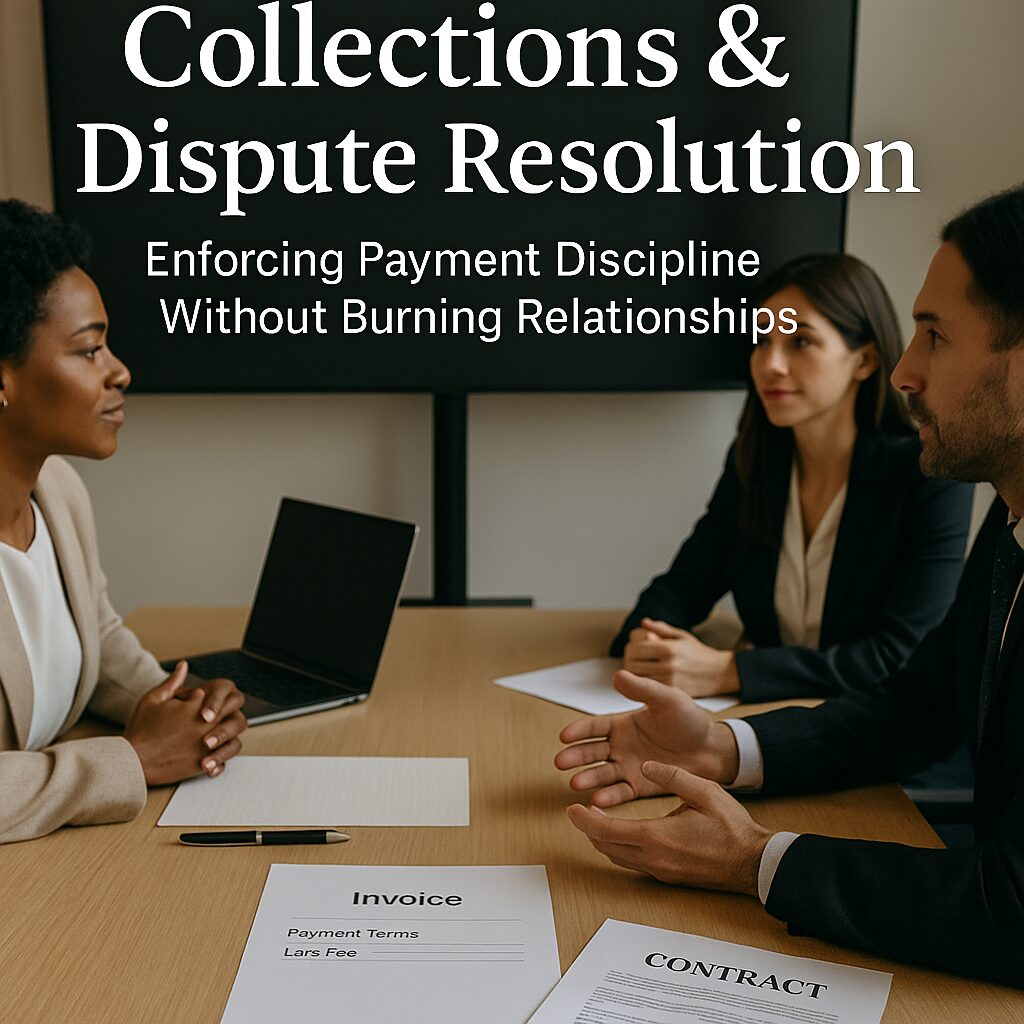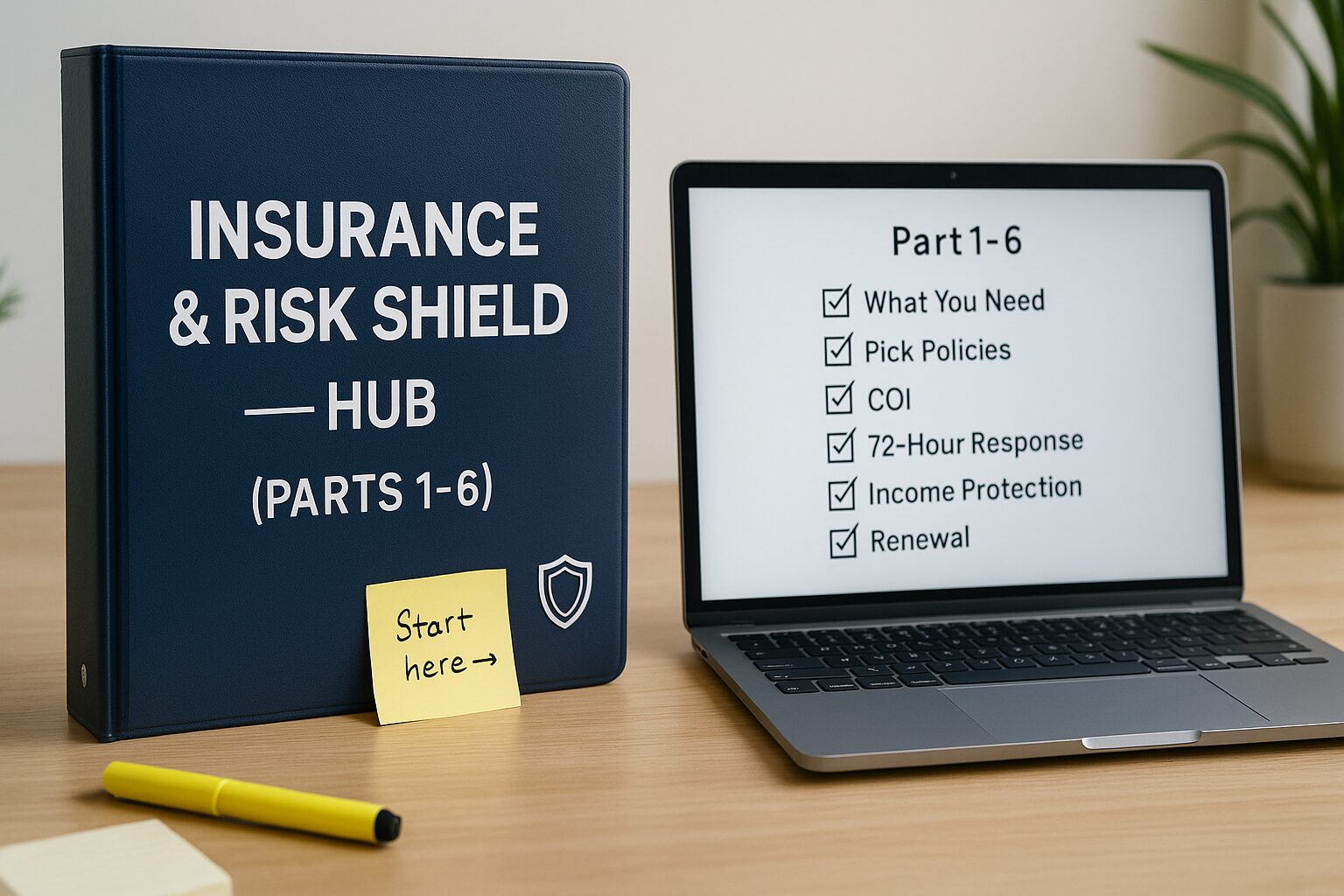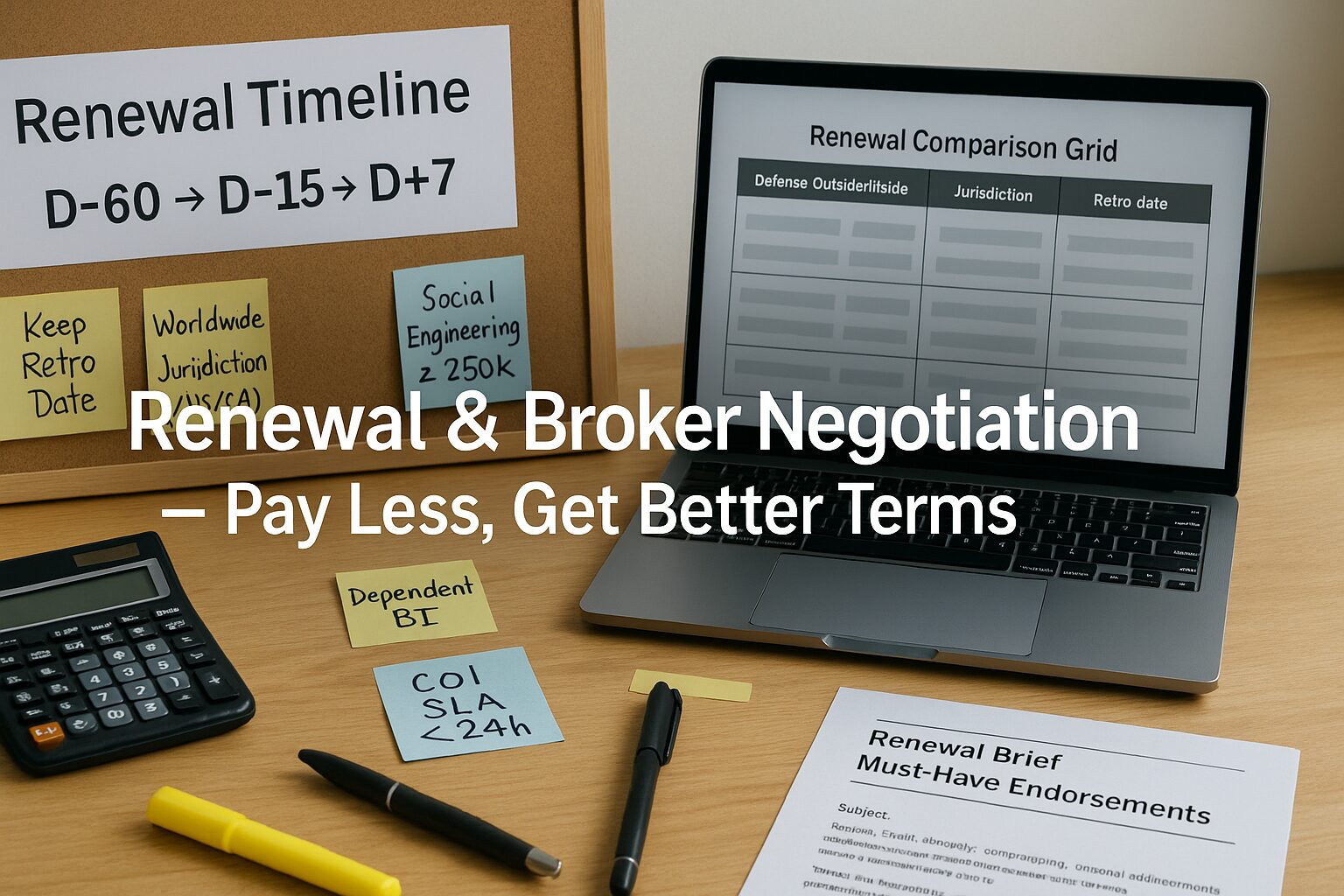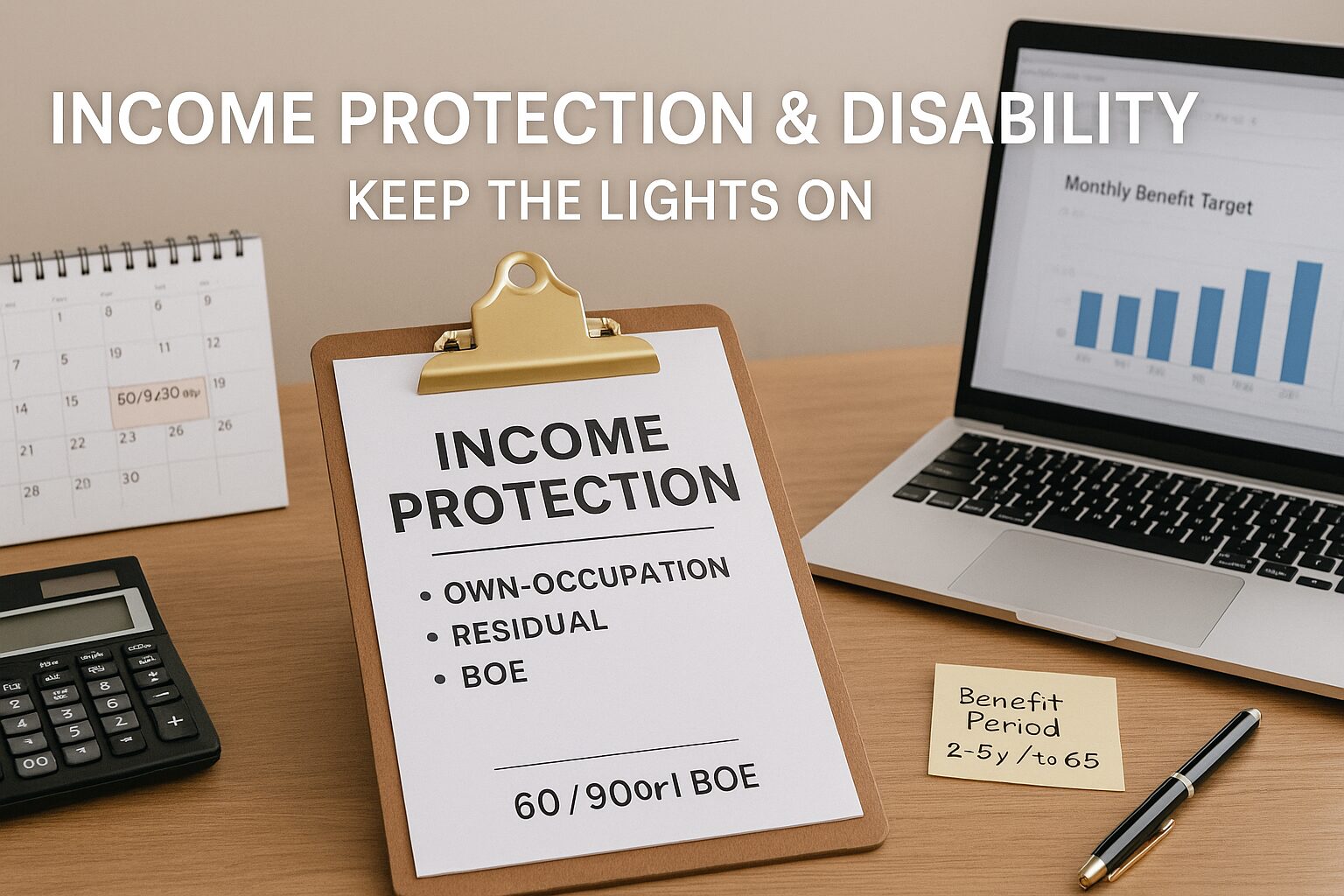The Hidden Wealth of Pricing Power
Across every global industry, from SaaS startups in Silicon Valley to family-run exporters in Seoul, one universal law holds true: pricing determines profit more than cost-cutting ever will. A single adjustment in how you price your services can permanently change your income trajectory.
Yet too many professionals—especially freelancers and consultants working across borders—cling to outdated models: hourly billing, cost-plus markups, or “market rate guessing.” These approaches cap income, invite disputes, and ignore the client’s true willingness to pay.
Value-based pricing (VBP) solves this. It charges not for the input of hours but for the output of outcomes. Done right, it lets you compound wealth while working less, because your price grows in line with the value you deliver, not the hours you log.
Part 1. Why Hourly Billing and Cost-Plus Fail Globally
Hourly billing seems logical: track time, multiply by rate. But in cross-border commerce, it breaks down:
- Time Zone Arbitrage: Clients in New York resent paying $200/hr when they can hire “cheaper” talent offshore.
- Efficiency Penalty: The faster you deliver, the less you earn—punishing efficiency.
- Currency Fragility: Hourly billing denominated in weak currencies collapses in real value after exchange.
Cost-plus also fails: if you base fees on your expenses, you’re anchoring to your costs, not your client’s value.
Case Example — IT outsourcing in India (2000s): Firms competed on cost/hour. Profit margins shrank until only giants survived. By contrast, boutique firms that shifted to value-based “end-to-end digital transformation fees” thrived.
Part 2. Foundations of Value-Based Pricing
VBP rests on a clear formula:
- Define client outcome (increased revenue, decreased costs, reduced risk).
- Quantify outcome (e.g., 2% churn reduction = $500k saved).
- Set your fee as a share of value (10–30%).
This structure reframes you as an investment, not an expense.
Case Example — Cybersecurity Audit (US/EU markets): A consultant priced at $15k/hour lost deals. When he reframed: “Avoiding GDPR fines worth €2m,” and priced at €200k flat, clients signed without hesitation.
Part 3. Designing Tiers: Creating Choice Without Diluting Value
Single flat fees create friction. Global clients expect options. Enter tiered pricing:
- Tier 1 (Essential): Limited deliverables, lower fee.
- Tier 2 (Growth): Core deliverables + bonuses, middle fee.
- Tier 3 (Premium): Maximum transformation, guarantees, outcome-linked fee.
Anchoring Psychology: Always show Tier 3 first (high price), then Tier 2, then Tier 1. The middle option feels safe, raising your average deal size.
Case Example — Cross-border SaaS consultants: When pitching to Asian startups, offering $8k (Tier 1), $20k (Tier 2), and $50k (Tier 3) led 70% of buyers to choose Tier 2. Average revenue tripled compared to single-rate quotes.
Part 4. Outcome-Based Models: Sharing Risk and Reward
For high-value clients, outcome pricing deepens trust. Formats include:
- Base + Bonus: $30k flat fee + 5% of revenue lift.
- Contingent: You only get paid if outcomes happen. High risk, but builds unmatched credibility.
- Escalating Fees: Faster milestone completion = higher payout.
Case Example — Growth Marketing Agency: Instead of monthly retainers, they charged “5% of all sales above baseline.” A client paid $500k in one year, but gladly, because agency had driven $10M incremental sales.
Part 5. Adapting Value Pricing Across Borders
Global application adds layers:
- Currency Anchoring: Always frame value in client’s home currency, not yours.
- Cultural Signals: In Japan, a high price signals quality; in parts of Latin America, it may trigger distrust.
- Contractual Clarity: Global enforcement requires airtight language (milestones, dispute resolution).
Case Example — Global Design Studio: For US clients, they used outcome-linked “conversion uplift fees.” For Middle Eastern clients, they emphasized prestige: “Premium branding at $100k package.” Both audiences bought, but for different psychological reasons.
Part 6. Advanced Anchoring and Psychological Pricing
Global pricing is as much psychology as math. Strategies:
- Decoy Effect: Offer an overpriced “decoy” package to push buyers to mid-tier.
- Currency Conversion Anchors: Show equivalent values (“This package is $20k, equal to 3x cost of one engineer for six months”).
- Value Narrative: Storytelling (“Our system reduced downtime by 50%, saving firms $1m annually”).
Case Example — Consulting in Europe: A firm added a $150k “VIP White-Glove Package” that nobody bought. But it made the $60k middle tier look “reasonable.”
Part 7. Sector-Specific Applications
- Legal Services: Outcome pricing = % of settlement value instead of hourly.
- Healthcare Consulting: Pricing tied to reduced hospital readmissions.
- Tech Implementation: Cloud migration priced as % of IT budget saved.
- Education: Online coaching priced on “ROI in salaries increased.”
These industries show that VBP is universal, not niche.
Part 8. How Digital Nomads Use VBP to Escape “Cheap Labor” Traps
Freelancers in emerging markets often underprice to win contracts. VBP breaks this trap:
- Stop competing with $5/hr offers.
- Reframe as “Revenue Growth Partner.”
- Price in outcomes (ROI multipliers).
Case Example — Philippine Digital Marketer: Instead of charging $500/month, she priced at “10% of ad spend ROI increase.” Within 6 months, she was earning $15k/month from the same client.
Conclusion: The Compound Effect of Value-Based Pricing
Pricing is not just a tactical decision; it is a wealth system.
- Every value-priced deal compounds: clients see ROI, stay longer, refer more.
- Every contract anchored in outcomes positions you as a partner, not a vendor.
- Every global adaptation you master builds pricing power across borders.
The greatest mistake is assuming pricing is static. In reality, pricing is strategy, psychology, and compounding wealth combined.
When you fully embrace value-based pricing, you stop chasing hours and start capturing the true worth of your global impact.
Case Study List (for readers to revisit quickly)
- India IT outsourcing: collapse of hourly billing, survival of value-pricing firms.
- Cybersecurity consultant: $200k flat fee framed as “fine avoidance.”
- SaaS consultants: tiered pricing tripled average deal size.
- Growth agency: earned $500k on performance-linked revenue uplift.
- Design studio: US vs. Middle East anchoring strategies.
- Digital nomad: $500/month → $15k/month via outcome pricing.
📌 Next Article Preview
In our next article, we’ll explore:
“FX-Indexed & Inflation Clauses — Copy-Paste Language That Protects Your Income in Volatile Economies.”
You’ll discover the exact contract clauses that shield your global income from inflation, devaluation, and currency swings. These are battle-tested templates used by consultants, law firms, and multinationals. If you skip this, every long-term contract you sign risks silent income erosion.









